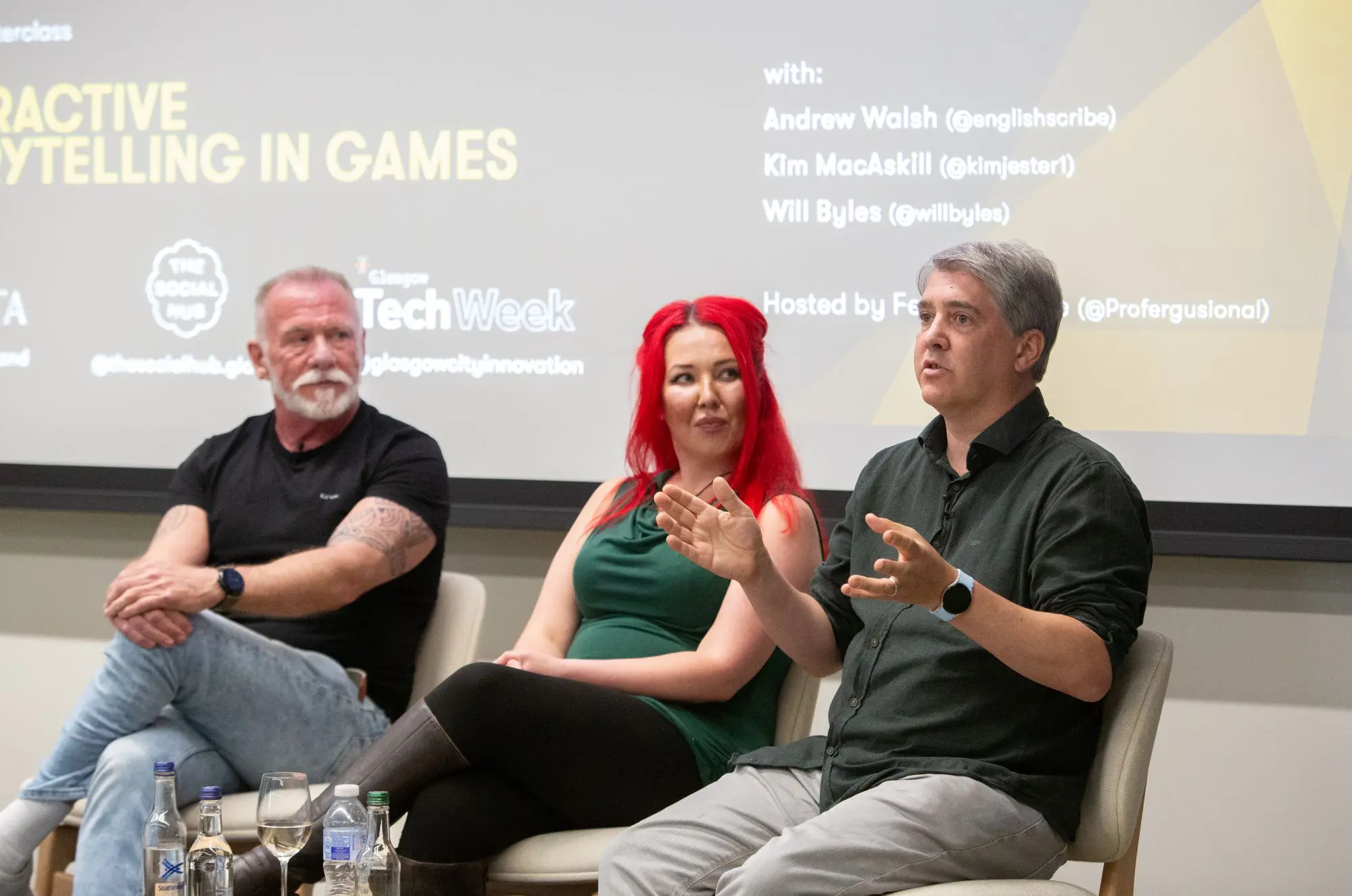As with anything, being aware of the specific audience you are creating for is vital. When it comes to developing an interactive experience specifically, Byles explains that this is often a case of determining if a story is actually right for a game. He says: ‘If you try and put the wrong story into games, then it is not immersive because the story and the gameplay start fighting, or you’re watching things that you should be playing.”
The director suggests asking yourself: “Is it right for this medium? Is it right for this moment? Am I giving the gameplay verbs the emotional depth that they need? You have to be empowering those verbs with emotion for it to be an interactive experience.”
Similarly, Walsh encourages anyone working on interactive games storytelling to be aware of the complexity of the differences in genre and structure that exist in games. Walsh comments: “With Film, you’ve got to understand the structure of a rom-com versus an action film, but then there’s an even wider breadth with games. Really what you’re trying to do is put the player into an emotional state. So, it’s how you create that emotional state through a narrative and then maintain that for the period that the person is in there.”








